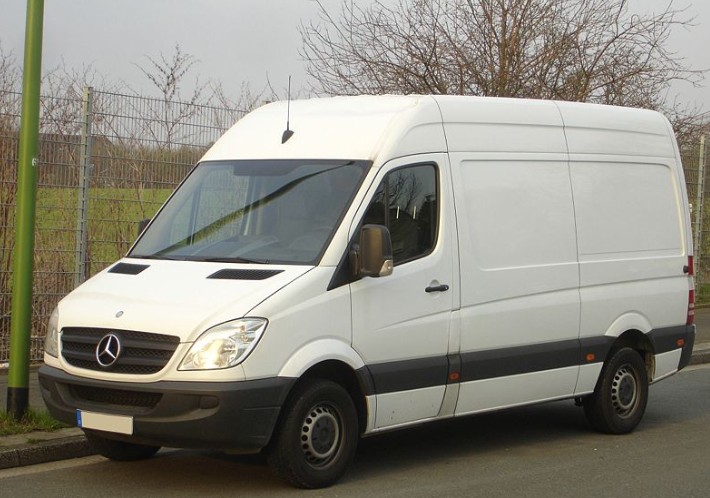A growing number of UK fleets are turning to second-hand cars and vans to keep their operations moving.
According to the latest 2025 Arval Mobility Observatory Barometer, 52% of fleet operators in the UK are currently using pre-owned vehicles, more than any other region globally. Another 27% are expected to join them within the next three years.
It’s not just a short-term fix. This is fast becoming a long-term strategy.
“This trend is something largely made possible by the high quality and resistance to wear of modern vehicle designs.
Cars and vans today remain safe, financially viable to operate, and in good condition for much longer than in the past,” said John Peters, head of Arval Mobility Observatory UK.
Smaller businesses are ahead of the curve. The study shows that 54% of small companies—those with fewer than 100 employees—are already operating used vehicles. A further 29% plan to follow suit within three years.
The trend is slightly less prominent among medium (47%) and large businesses (53%), though adoption remains strong overall.
Peters added: “Used vehicles tend to fit more easily into smaller business needs. If a large company wants to order 50 units of the same model at a year old, it’s unlikely the used market will be able to meet their needs, but if a small company requires three units, it’s quite likely they can find what they want.”
So, what are these vehicles actually doing? The research breaks it down:
- 79% are used as pool cars
- 74% serve job-need purposes
- 53% are given to benefit drivers
“This suggests that fleets tend to identify clear roles for used vehicles, with a preference for uses where a car is an essential transport tool, rather than part of a benefit package. A used car is a utility vehicle in most cases,” Peters explained.
It’s a pragmatic shift, and not just limited to the UK. But British fleets are ahead of both European and global counterparts, where only 39% of companies currently use second-hand vehicles.
Why is the UK leading the charge? Part of the answer lies in the aftermath of the COVID-19 pandemic.
“Again, this might be an effect of pandemic production shortages, when availability of right-hand-drive vehicles tended to be worse globally, meaning those markets had to take a more improvisational approach to car and van acquisition,” Peters noted.
Fleet managers across the UK have found that used cars and vans are not only more accessible but also offer solid value, especially in uncertain economic times.






